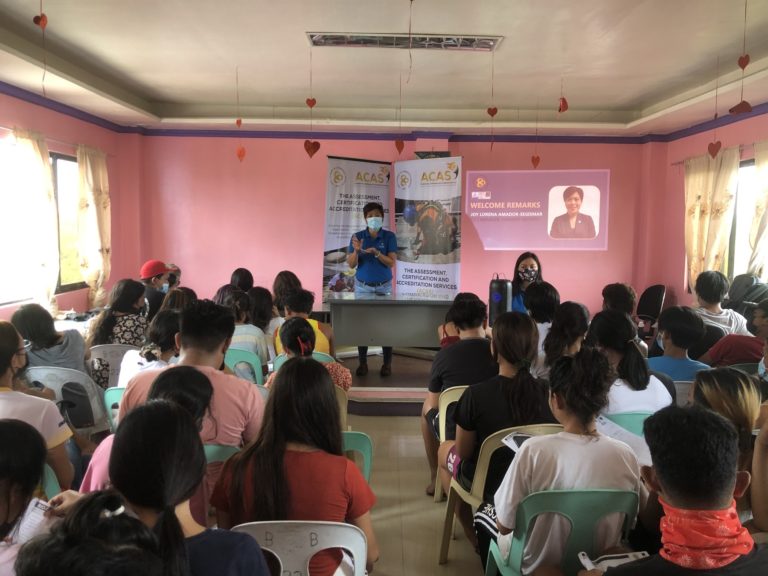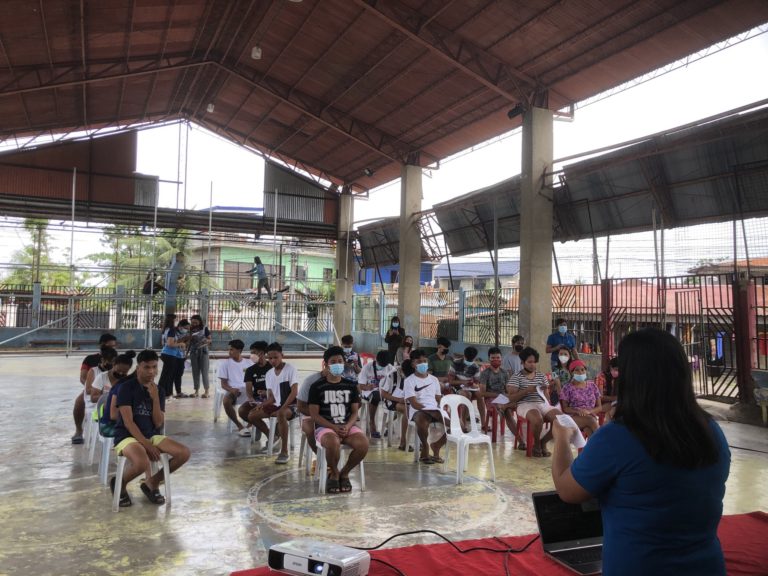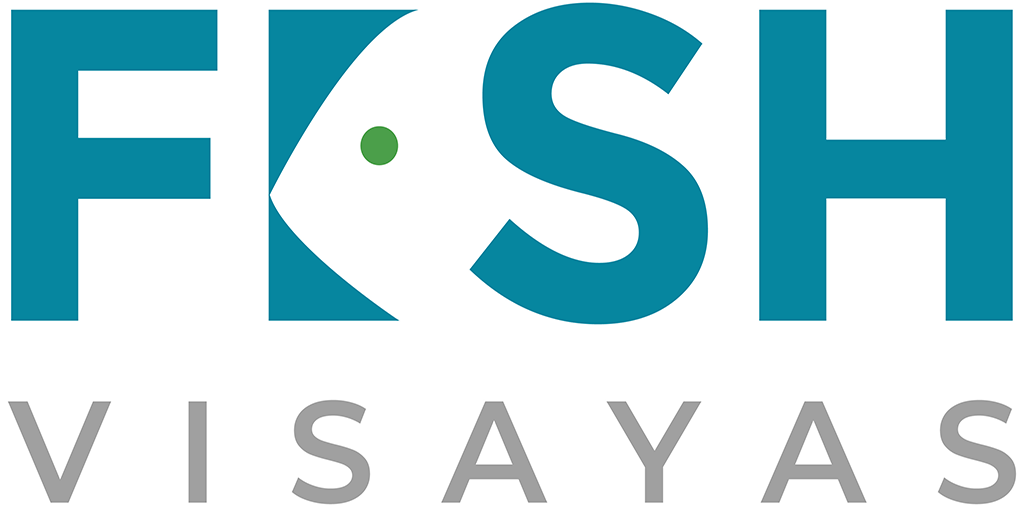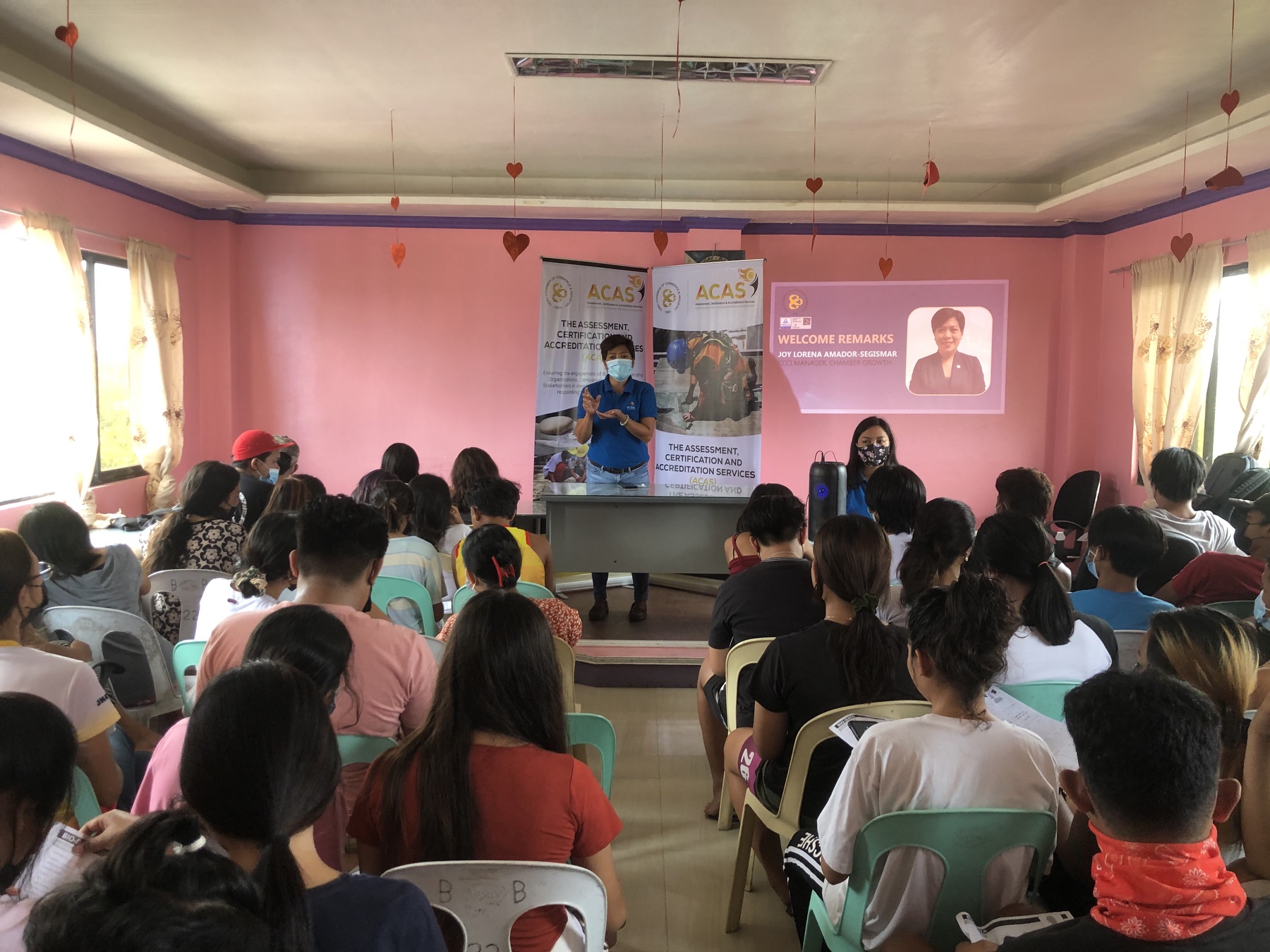

CCCI’s Assessment, Certification and Accreditation Services (ACAS) and the FISH Visayas Project have conducted a DET Awareness Campaign with Barangay San Miguel and Barangay BangBang Cordova, Cebu.
The program was held on February 9, 2022 and was attended by the learners, parents, and out-of-school youth in the barangay. It is carried out to market the Dual Education and Training (DET) program of CCCI’s ACAS and FISH Visayas Project. Moreover, the program helped to collect data and list of potential applicants or learners for the FISH Visayas DET Pilot program.
The conclusions of the behavioral research conducted entitled “Behavioral Study on the Perceptions and Acceptability to Learners and Parents of Seafood Industry Qualifications as an Elective Course in the Senior High School Curriculum” (or as a TVET Course for Out-of-School Youth and High School Graduates) conducted in Bantayan Island, Cebu, and Mactan Island has become a basis in organizing this activity. Among the data shown, Mactan Island has a high percentage of respondents who are willing to learn and willing to undergo internship programs and/or on-the-job training.
Moreover, they have coordinated with the research team to identify which barangays of Mactan are fit for the program. They also coordinated and visited with the barangay captains for the authority to conduct the awareness program and to gather youth as potential learners.
Investing in education is essential for the development of human resources and to enhance the quality of manpower. Through the history of mankind, it is shown that a certain level of population literacy is needed for the country’s development.
Meanwhile, the out-of-school youth have been found to be vulnerable people with complex needs. Most of them face unemployment and an unclear future. Out of school youth are youths aged 16-24 that don’t attend schools, don’t work, underemployed, or don’t have enough basic skills.
On the other hand, DET is a type of training that incorporates both theoretical and practical instruction. The term “dual” refers to the fact that the training takes place in two locations: the company and the school. The student-trainee studies at school each week (either Monday or Friday), then works and trains for the remainder of the week at the company.
The program exemplifies a strong partnership between the company and the school, with the goal of benefiting both parties as well as the student. The students will be sent to work for on-the-job training and exposure by the school. The organization makes effective use of their abilities and potential by allocating them to occupations that allow them to learn while also being productive.
As a DTS partner, the employer will sponsor the student-trainee by funding the student-partial trainee’s cost of study as training subsidies. The duration of on-the-job training is set at a particular number of months. The student-trainees will gain relevant information and abilities as the training progresses and they become more productive throughout this time. As a result, they provide a valuable contribution to the company’s skilled staff.
With this in mind, the DET program can be a great help to many, particularly to out of school youth.

